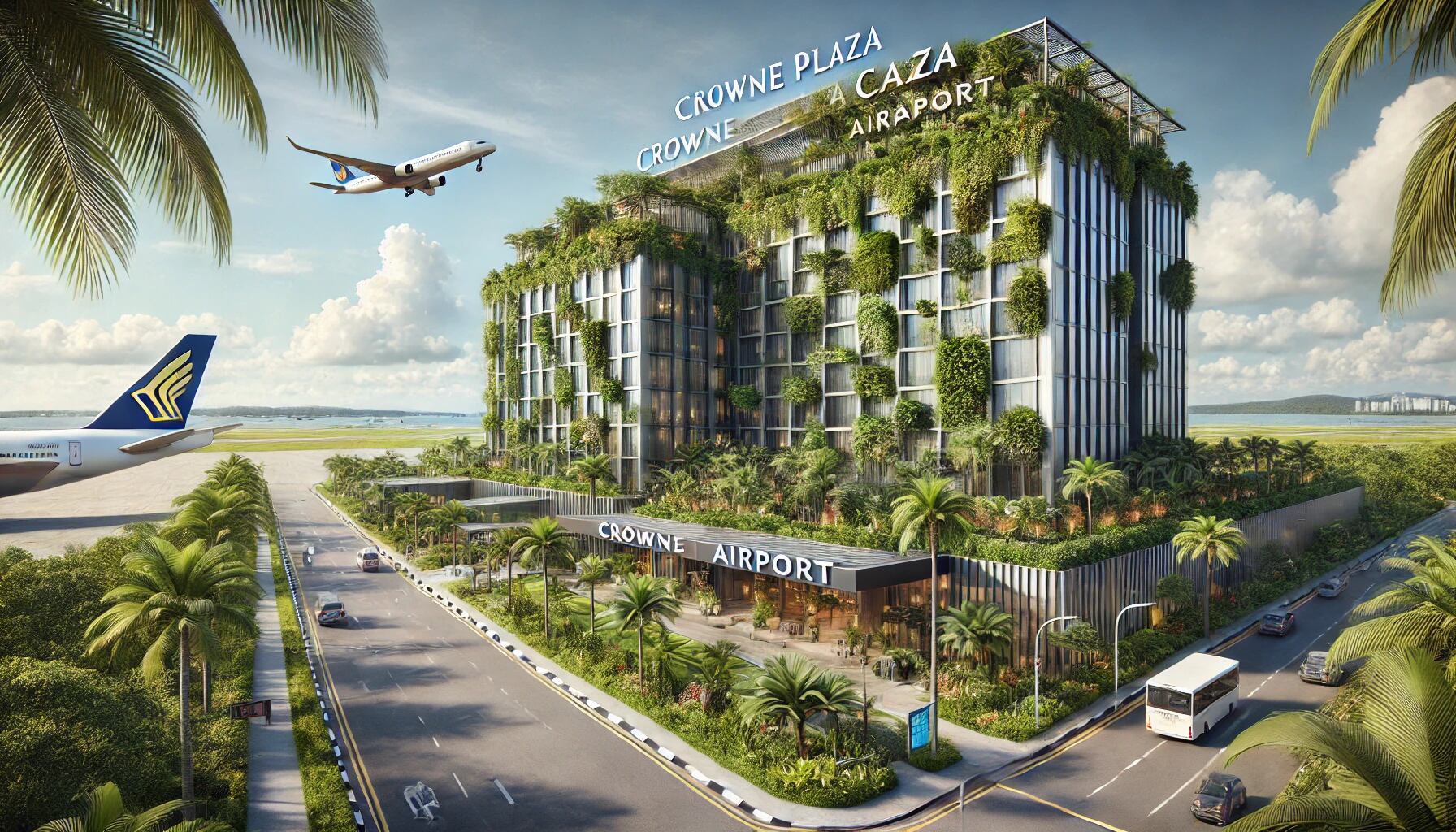
Johannesburg – On this World Telecommunication and Information Society Day (WTISD), South Africa contemplates its evolution from a telecoms monopoly led by Telkom to a swiftly digitizing economy.
This year’s theme, “Digital Innovation for Sustainable Development,” resonates profoundly in a nation where mobile connectivity, AI, and fintech are transforming industries. Yet, countless individuals continue to face high data costs and inconsistent internet access.
From public officials to tech industry leaders, a consensus emerges: South Africa’s digital horizon is filled with potential, contingent upon overcoming significant challenges.
The country’s ICT sector has seen a stunning transformation over the last twenty years.
Initially dominated by the state-owned Telkom, the industry has flourished with private investments, mobile innovations, and a thriving startup ecosystem.
With more than 110 million active SIM cards serving a population of 60 million (ICASA, 2023), South Africa boasts one of the highest mobile penetration rates in Africa.
According to Vodacom CEO Shameel Joosub, “Mobile technology has been the primary catalyst for financial inclusion in South Africa. From mobile banking to e-wallets and banking apps, connectivity empowers millions.”

South Africa is among the pioneering African countries deploying 5G networks, with MTN and Vodacom leading this initiative.
MTN SA CEO Charles Molapisi remarks: “5G transcends mere speed enhancements; it facilitates smart cities, telemedicine, and IoT solutions that can stimulate economic development.”
The growth of cashless transactions, digital banking, and online shopping has transformed consumer habits.
TymeBank CEO Coenraad Jonker states: “South Africans are adopting digital banking far sooner than anticipated. With over 8 million users, TymeBank demonstrates that fintech can close financial gaps.”
Former Takealot CEO Mamongae Mahlare adds: “Online shopping is now essential, not a luxury. Even in townships, the demand for digital retail is surging.”
Despite these advances, millions are still marginalized from the digital economy.
While data prices have decreased (ICASA’s 2023 report shows a 50% drop since 2020), many South Africans still find mobile data too expensive. The activist group #DataMustFall advocated for further price reductions, yet momentum has waned.
The government’s SA Connect initiative, focused on extending broadband to rural communities, has encountered setbacks.
Former Communications Minister Mondli Gungubele acknowledges:
“Accelerating rural infrastructure is essential. Digital exclusion exacerbates inequality.”
With increasing digital adoption comes heightened cyber vulnerabilities.
Arthur Goldstuck, a tech analyst at World Wide Worx, cautions:
“South Africa loses billions annually to cybercrime. Businesses and the government must bolster their defenses.”
Looking forward, experts anticipate that AI, automation, and smart infrastructure will catalyze South Africa’s next wave of technological advancement.
AI in Healthcare: Companies such as HelloDoctor are utilizing AI for telemedicine, extending care to remote patients.
Smart Agriculture: IoT sensors are assisting farmers in optimizing water usage amidst drought conditions.
Generative AI: Local startups like Lelapa AI are crafting AI tools tailored for African languages.
Dr. Jacques Ludik, an AI entrepreneur, asserts:
“South Africa cannot afford to lag behind in AI. We require policies that foster innovation while safeguarding jobs.”
This World Telecommunication Day finds South Africa at a pivotal moment.
While technological progress is commendable, unequal access poses a significant threat to advancement.
As President Cyril Ramaphosa emphasized: “Digital infrastructure is as crucial as roads and electricity. We must ensure that all South Africans reap the benefits of the digital revolution.”
The pivotal question remains: Will South Africa emerge as a frontrunner in Africa’s digital landscape, or will the digital divide hinder its progress?
The answer lies in effective policy, strategic investment, and collaboration between public and private sectors.
Some quotes are derived from previous public statements and reports.
*This article first appeared in our sister publication techfinancials.co.za











